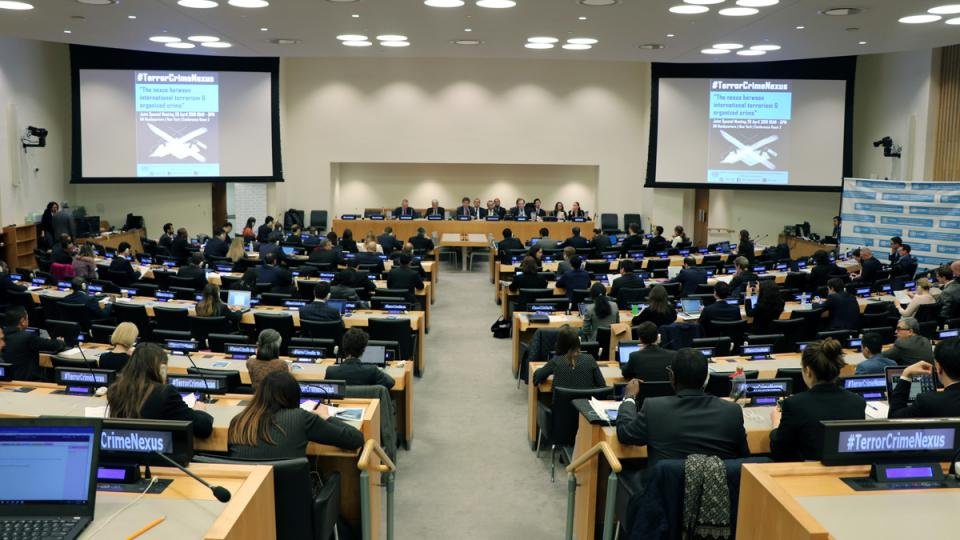New York, 1 January 2022 (TDI): With unanimous approval of Resolution 2617 (2021) by the Security Council, the mandate of the Executive Directorate of the Counterterrorism Committee was extended for a further four years.
In an act of written silence, the Security Council has today extended the mandate of the Executive Directorate of the Counter-terrorism Committee (CTED), the body of experts that supports the United Nations Counter-terrorism Architecture, until December 31st, 2025, with an interim review scheduled for December 2023.
#UNSC unanimously adopted RES 2617(2021) extending until 31 Dec 2025 the @UN_CTED operational mandate @Niger_ONU FULL TEXT here: https://t.co/JGXuq720YX
— UN Media Liaison (@UNMediaLiaison) December 30, 2021
In response to the September 11 terrorist attacks, Abdou Abarry (Niger), the Council President since December, announced the unanimous adoption of resolution 2617 (2021) (to be published as S/RES/2617/2021), which reiterates the CTED mandate as a specific political mission under the guidance of the Counter-terrorism Committee, which was set up in response to the terrorist attacks.
Council members noted that CTED’s primary responsibility is to carry out impartial, expert assessments of the implementation of the Council’s resolutions 1373 (2001), 1624 (2005), and 2178 (2014), as well as other relevant resolutions.
Analyses and recommendations resulting from these assessments can assist the Member States in identifying and filling gaps in implementation and capacity. CTED carry out a crucial role within the United Nations in identifying and assessing issues, trends, and developments as they relate to the implementation of resolution 1373 (2001), among other relevant resolutions, as well as supporting the balanced implementation of the United Nations Global Counter-terrorism Strategy in partnership with the Office of Counter-terrorism.
Taking into consideration that the Council is aware of the benefits of country visits, CTED has been requested, within six months, in consultation with the Counter-terrorism Committee, to provide recommendations on the implementation of its mandate, based upon the effectiveness, timeliness, and impact of its country visits, assessments, and recommendations regarding counter-terrorism policies and practices in the Member States.
The Council further directed CTED to report to the Counter-terrorism Committee by 30 March 2023 on ways to continue strengthening its assessment process, including through considering targeted and focused follow-up visits as complements to its comprehensive assessments, using, as appropriate and bearing in mind CTED’s global mandate, a risk-based approach in response to evolving threats.
Counter-Terrorism Committee Executive Directorate
In order to facilitate the provision of technical assistance, it is the responsibility of the Counter-Terrorism Committee to disseminate best practices, identify existing technical, financial, and regulatory assistance, and provide assistance to the Member States.
Increasing synergies between international, regional, and national assistance programs. In compliance with UN Resolution 1373 (2001), the organization seeks to participate in bilateral, regional, and subregional projects, and, through its Executive Directorate (CTED), serves as a point of contact between potential donors and recipients, as well as maintaining an online database of assistance providers.
A number of General Assembly and Security Council resolutions and the UN Global Counter-Terrorism Strategy (A/RES/60/288) emphasize states’ human rights obligations.
Human rights law, refugee law, and humanitarian law, in particular, call for the promotion and protection of human rights and fundamental freedoms as well as the prevention of violent extremism conducive to terrorism.






